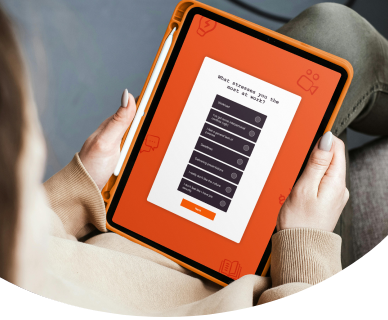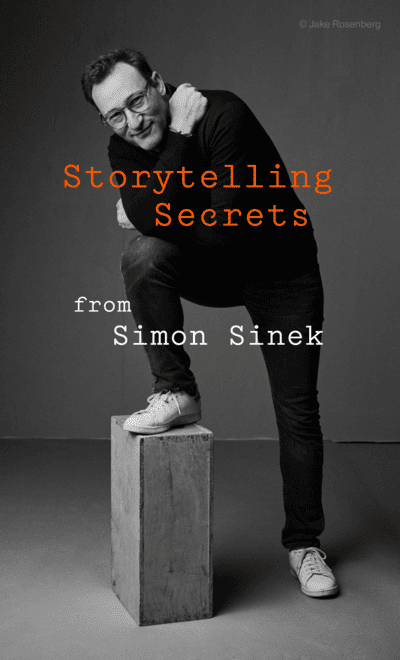“Can I give you some feedback?”
If you’ve ever had to utter those words at work, you know that what follows can be a seriously stressful tightrope walk. Your colleague hangs on your every word while their heart rate spikes, and they brace themselves for impact. Meanwhile, you’re talking on eggshells, doing your best to be constructive without crushing morale. But the truth is, giving negative feedback doesn’t have to be so difficult. So, what’s the best way to do it?
Well, the short answer is that you should approach feedback with self-awareness and sensitivity, especially if you are in a leadership position. In fact, a study conducted by the University of Pennsylvania found that it is critically important for leaders to be sensitive when providing feedback to employees, with many participants feeling that the more harsh the feedback, the less of a feeling of psychological safety is fostered. This, of course, backfires: it creates a work environment with less communication, collaboration, and openness.
If you don’t know where to start in your journey to better communication, entrepreneur and leadership expert Kristen Hadeed is here to help. Kristen is the instructor of “Delivering and Accepting Feedback Effectively,” a class you’ll find in the “Leadership” section of The Optimism Library. For her part, Kristen swears by the FBI method, a classic technique she frequently employs within her company to cultivate an environment where constructive feedback can thrive. Here she explains how to do it.
Understanding the FBI Method
The “FBI” method stands for “Feelings, Behavior, and Impact.” One of the strengths of the FBI method is its versatility. “You can use it for both types of feedback. You can use it for growth feedback, which is what I call critical feedback, right? It’s the way to inspire someone to change their behavior. Or you can use it for recognition, which we also identified is a really important form of feedback,” says Hadeed.
According to Hadeed, this approach is tailored to articulate feedback in a manner that is both insightful and empathetic. “The F is the feeling. How does this person’s behavior make you feel?” Hadeed explains. This initiates the feedback by personally connecting with the emotional effect of the behavior.
As mentioned, the “B” in FBI stands for behavior. “What is the specific Behavior that led to the feeling?”
Hadeed explains: “When we address the actual behavior, it allows the feedback receiver to understand exactly what action is being discussed. It sounds obvious, but sometimes in our nerves to deliver feedback we cut out details that can be crucial to the point of the conversation. When that happens, the actual sentiment of what needs to be worked on can get muddy.”
“Impact” refers to the consequences or effects that the behavior has had on the team, project, or individual goals. “What was the greater impact of that person’s behavior?” says Hadeed.
So, as an example, let’s use this feedback:
“You interrupted me in that meeting and completely blindsided the conversation.”
In all honesty… Yikes! The language is abrasive and accusatory, and creates an immediate tension with the person you are giving that feedback to. Odds are, they will naturally feel the need to get defensive, and the conversation can turn unproductive very quickly.
If we recontextualize this feedback through the lens of the FBI method it might sound like this:
“I was really disappointed when you interrupted my pitch in that meeting to bring up your own immediate opinion, because I was unable to explain an idea that I was really passionate about and the idea got shut down because of the way the conversation was derailed.”
The feedback is now based on your personal experience. Your feelings cannot be invalidated or contested, because they’re your feelings. You mention the exact behavior that caused a problem, and the impact of what that behavior was for both your ability to move your work forward as well as your personal morale. Approaching feedback in this way sets a more disarming, cooperative tone from the get-go and is much more likely to usher in a more positive result.
Kristen also emphasizes that it’s also important how feedback is introduced. “I believe you have like 5 to 10 seconds to land the plane in order to have a productive conversation,” she says.
The Benefits of Effective Feedback
Being able to give constructive feedback is vital to a healthy work culture. Research shows that appropriate feedback can enhance employee engagement, with statistics from Gallup revealing that employees who receive regular feedback are 3.5 times more likely to be engaged at work. Furthermore, a study by Zenger and Folkman suggests that 92% of employees agree that when delivered appropriately, constructive feedback can effectively improve performance.
Effective feedback not only clarifies expectations but also motivates individuals, fosters professional growth, and strengthens relationships within teams by promoting transparency and trust.
Implementing the FBI method can significantly improve the quality of feedback within an organization. It encourages a respectful and empathetic communication style, ensuring that feedback leads to positive outcomes rather than conflict. As businesses and leaders continue to seek ways to foster growth and improvement, mastering such techniques becomes invaluable.
If you thought that Kristen’s lesson on the FBI was useful, try it out next time you’re in a tough spot and need to give some tricky feedback.
For more, check out The Optimism Library.











